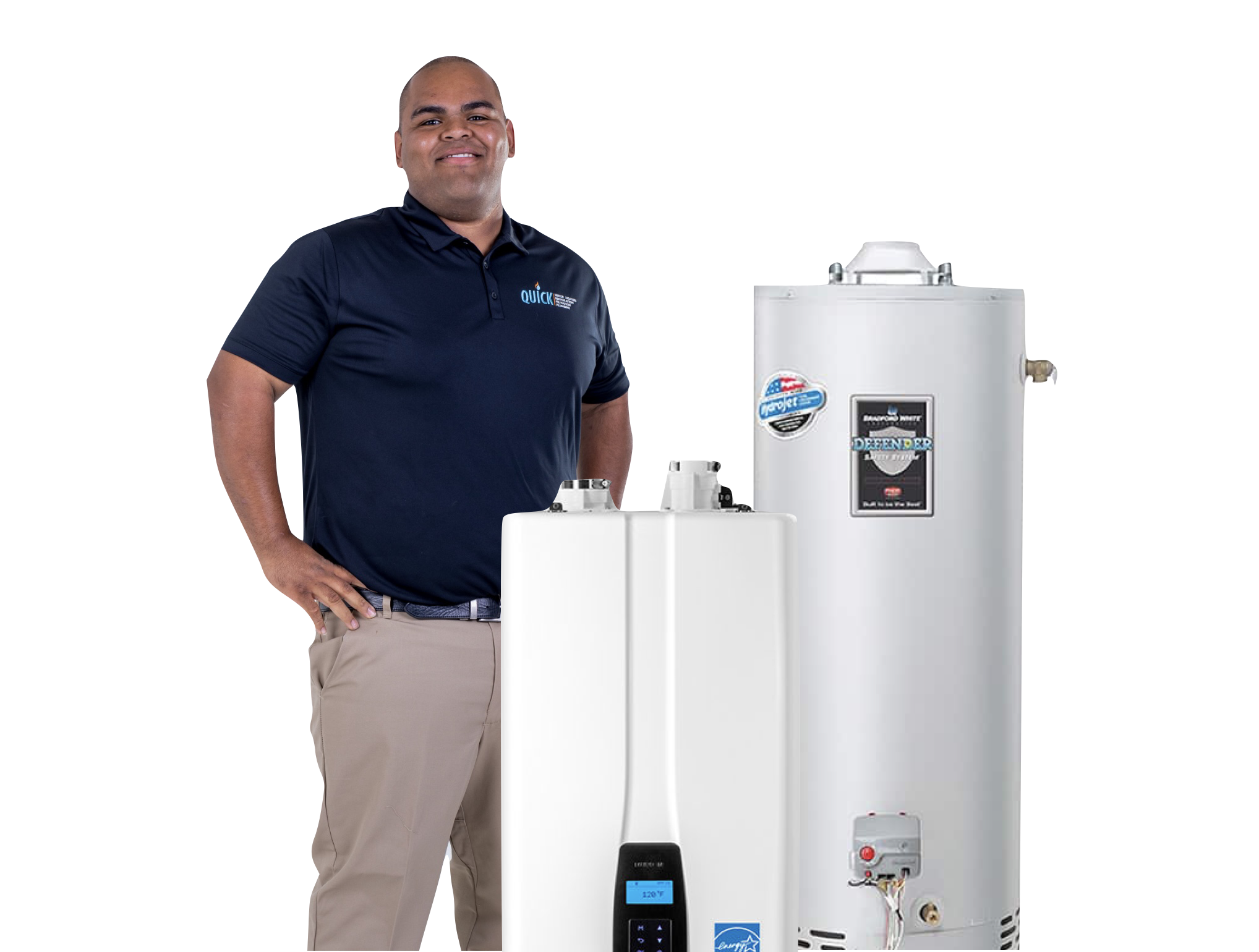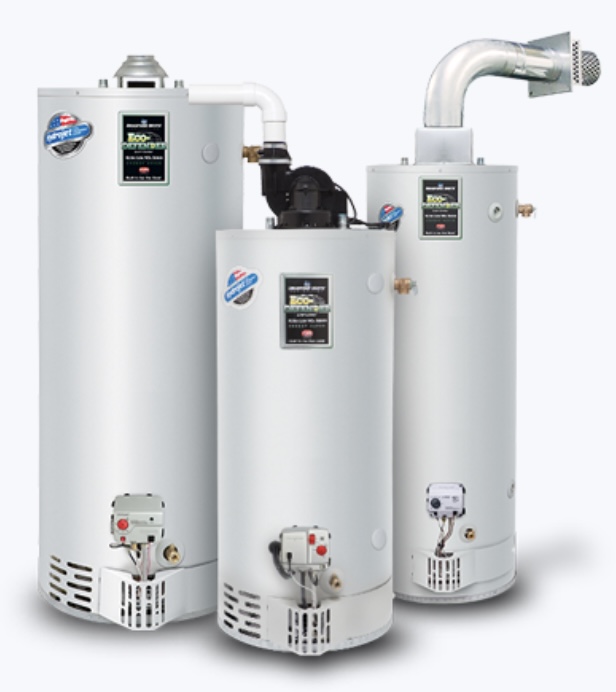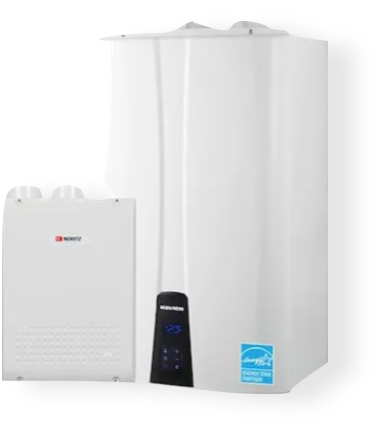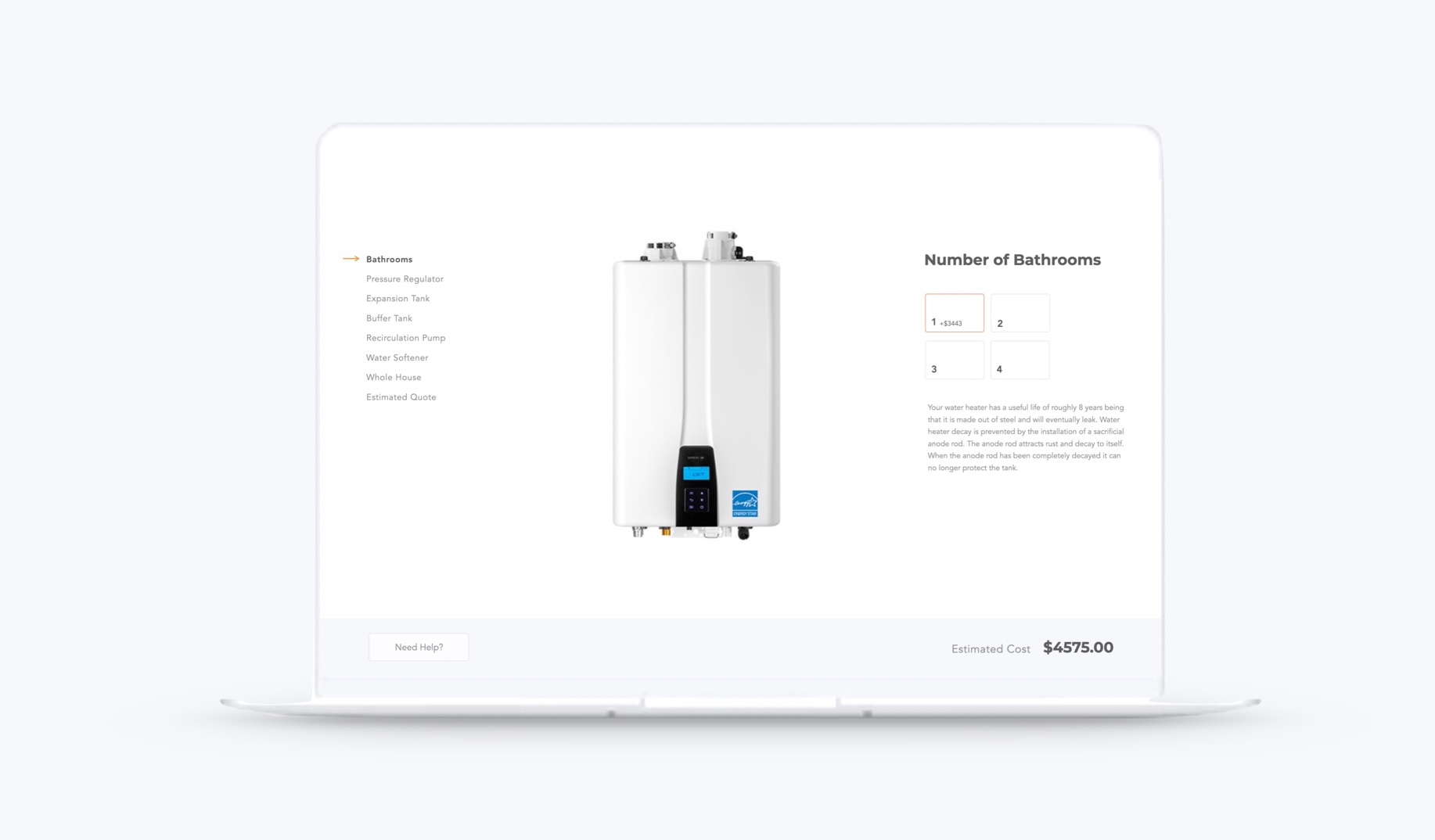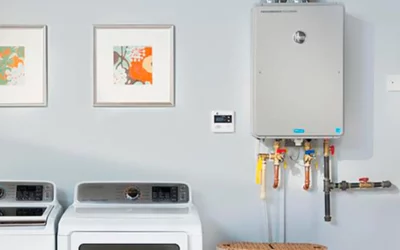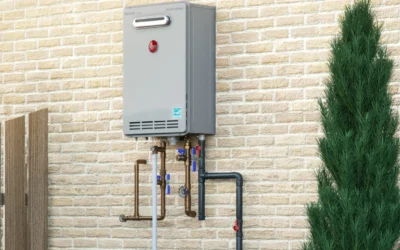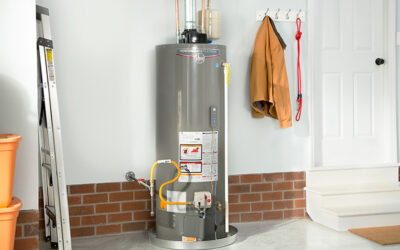The cost of repairing a water heater thermocouple can vary depending on several factors. These factors include the type of water heater, the extent of the damage, and the location where the repair is being performed. It is important to understand the cost implications before proceeding with the repair. By comparing repair costs and considering the pros and cons of professional repair versus DIY, homeowners can make an informed decision. Additionally, identifying the signs of a faulty thermocouple and taking preventive measures can help avoid costly repairs in the future. Frequently asked questions about the average cost, DIY replacement, lifespan, signs of damage, and preventive measures provide valuable insights for homeowners.
Understanding the Cost to Repair a Water Heater Thermocouple
The cost to repair a water heater thermocouple can vary depending on several factors, such as the type of repair needed and the specific model of the water heater. Understanding these cost factors is essential in determining the most appropriate course of action for repairing a faulty thermocouple.
Factors Influencing the Cost of Repair
Factors influencing the cost of repair for a water heater thermocouple can vary depending on several key considerations. One of the main factors is the type of thermocouple being used in the water heater. Different models and brands may have varying costs for replacement parts, which can impact the overall repair expense. Additionally, the complexity of the repair process and the time required to complete it can also affect the cost. Other factors that may influence the cost include the availability of replacement parts, the location of the water heater, and the level of expertise required to perform the repair. It is important to consider these factors when assessing the potential cost of repairing a faulty thermocouple in a water heater.
Common Prices to Repair a Water Heater Thermocouple
When it comes to repairing a water heater thermocouple, it is important to consider the common prices associated with the repair process.
Comparing Repair Costs
When it comes to comparing repair costs for a water heater thermocouple, there are a few factors to consider. Firstly, the cost can vary depending on the type and brand of the thermocouple itself. Some thermocouples may be more expensive to repair due to their design or materials used. Additionally, the cost may also depend on the location and availability of repair services. Prices can vary between different repair professionals or DIY options. It’s important to research and compare prices to ensure you are getting the best value for your money when repairing a water heater thermocouple.
Professional Repair vs. DIY
When it comes to repairing a water heater thermocouple, homeowners must weigh the pros and cons of hiring a professional repair service versus attempting a do-it-yourself (DIY) approach.
Weighing the Pros and Cons
Weighing the pros and cons is an essential step when considering whether to opt for professional repair or DIY for your water heater thermocouple. There are several factors to consider, such as your level of expertise, the complexity of the repair, and the potential risks involved. Professional repair offers the advantage of expertise and experience, ensuring a higher likelihood of successful repair and minimizing the risk of further damage. On the other hand, opting for a DIY approach can save you money on labor costs and provide a sense of accomplishment. However, it is crucial to assess your skills and knowledge in handling such repairs to avoid any potential mistakes that may lead to more significant problems. Ultimately, weighing the pros and cons will help you make an informed decision based on your specific circumstances.
Signs that Indicate a Faulty Thermocouple
There are certain signs that can indicate a faulty thermocouple in a water heater, which may include inconsistent or no hot water, a pilot light that won’t stay lit, or a burner that won’t ignite.
Identifying the Need for Repair
Identifying the need for repair is crucial when it comes to addressing issues with your water heater thermocouple. There are several signs that can indicate a faulty thermocouple, including inconsistent or no hot water, a pilot light that won’t stay lit, or a clicking sound coming from the water heater. Additionally, if you notice any gas leaks or a strong smell of gas near the water heater, it is essential to seek professional assistance immediately. By paying attention to these warning signs, you can promptly identify the need for repair and take the necessary steps to ensure the proper functioning of your water heater thermocouple.
Preventive Measures to Avoid Thermocouple Repair
Preventive measures can be taken to avoid the need for thermocouple repair in water heaters.
Maintaining Your Water Heater
Maintaining your water heater is crucial for its longevity and efficient performance. Here are some preventive measures you can take to avoid thermocouple repair:
- Regularly check for any signs of wear or damage on the thermocouple. Look for corrosion, rust, or loose connections.
- Flush your water heater at least once a year to remove any sediment or mineral buildup that can affect the thermocouple’s function.
- Adjust the temperature settings to a moderate level to prevent overheating, which can put unnecessary strain on the thermocouple.
- Inspect the pilot light regularly to ensure it is burning correctly. A weak or inconsistent flame can indicate a problem with the thermocouple.
- Keep the area around your water heater clean and free from any flammable materials to reduce the risk of accidents or damage.
By following these preventive measures, you can extend the lifespan of your water heater’s thermocouple and minimize the need for costly repairs.
FAQ
In the FAQ section, you will find answers to common questions about water heater thermocouple repair, including the average cost, DIY options, lifespan, signs of a faulty thermocouple, and preventive measures.
1. What is the average cost to repair a water heater thermocouple?
The average cost to repair a water heater thermocouple can vary depending on factors such as the type of water heater, location, and the extent of the damage.
2. Can I replace the thermocouple myself to save money?
Yes, you can replace the thermocouple yourself to save money, but it is recommended to have a basic understanding of water heater systems and proper safety precautions before attempting the repair.
3. How long does a water heater thermocouple typically last?
A water heater thermocouple typically lasts around 5 to 10 years before it may need to be replaced.
4. What are the signs that my water heater thermocouple needs repair?
The signs that indicate a faulty water heater thermocouple needing repair include inconsistent hot water supply, pilot light going out frequently, and the water heater not producing any hot water at all.
5. Are there any preventive measures to extend the lifespan of a thermocouple?
Yes, there are preventive measures that can help extend the lifespan of a thermocouple.


